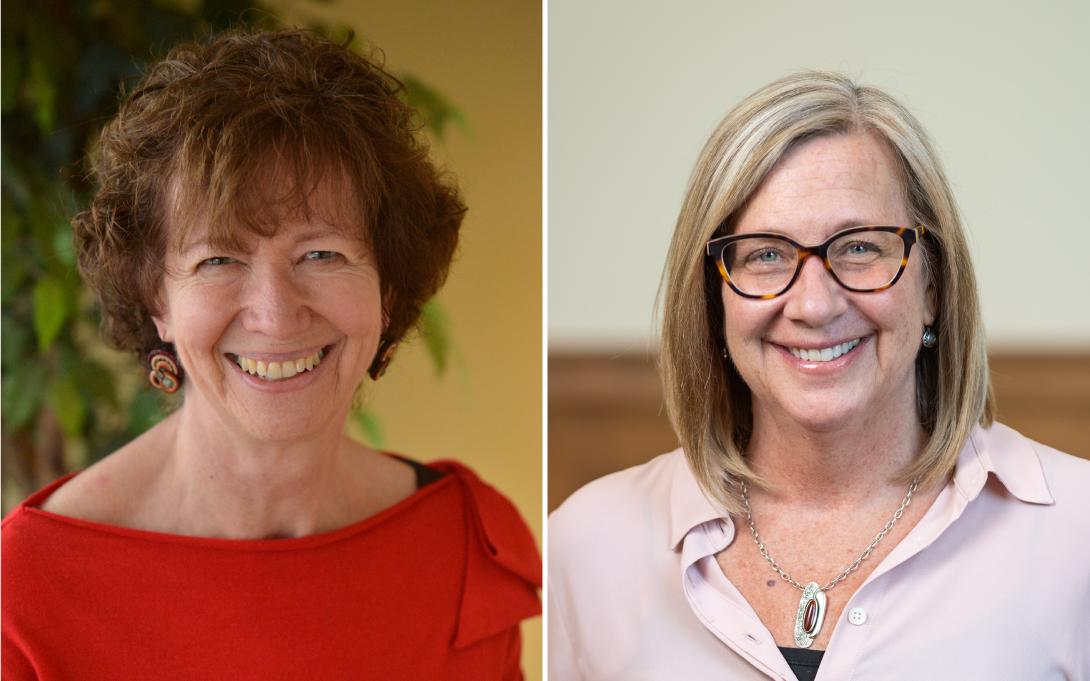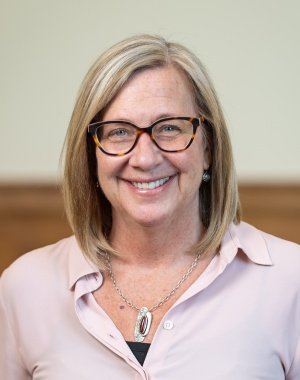
The progress that has been made in Michigan's child welfare system could be put at risk by a ban on abortion in the wake of the Supreme Court's Roe decision. The effects "could add thousands more children to the system in the coming years and further stretch Michigan’s social services net," MLive quoted Ford School lecturer and former director for the state’s department of human services, Marianne Udow-Phillips.
“From all the research we have today, what it’s telling us is if total bans go into effect for women’s ability to have abortions, we’re going to see significant increases in the number of children who end up in an already overburdened child welfare system," she said.
If an abortion ban were implemented, “We’re going to see more children who are born into situations where their families are not prepared to take care of them,” she said. “We don’t have supports in the state to help those families to the degree that they need it. We already have an overburden child welfare system, and I think more children will end up there.”
“Already, in the existing system, our case workers don’t feel they have the resources and tools to protect and make sure children already in the system are safe," she said.
Ford school professor Paula Lantz noted that by criminalizing abortion services, many of those thousands of women will have babies they and their families, as well as the already beleaguered social safety net and child welfare systems, are not equipped to absorb and handle. "We don’t have the capacity to handle the demand right now,” she said.
Lantz also commented on the racial inequities that an abortion ban would exacerbate in another MLive article. She cited findings of the famous Turnaway Study, conducted at the University of California, San Francisco and looking at 1,000 women from clinics in 21 states. Some were “turned away” for abortions and some received abortions. Women who went on to give birth experienced an increase in household poverty lasting at least four years relative to those who received an abortion, according to the much reviewed and cited study. The odds they stayed tethered to abusive partners also increased.
In the United States, Black children born into poverty are much less likely to escape it, Lantz said. “It’s all about social mobility,” she said, and studies show it is easier for white people to do attain a higher level of education, a greater income and other measurable successes.
‘Listen to Black women.’ How we start to fix racial inequities exposed by abortion issue, MLive, July 19, 2022
Abortion ban could land more kids in Michigan’s overburdened foster system, MLive, July 18, 2022

